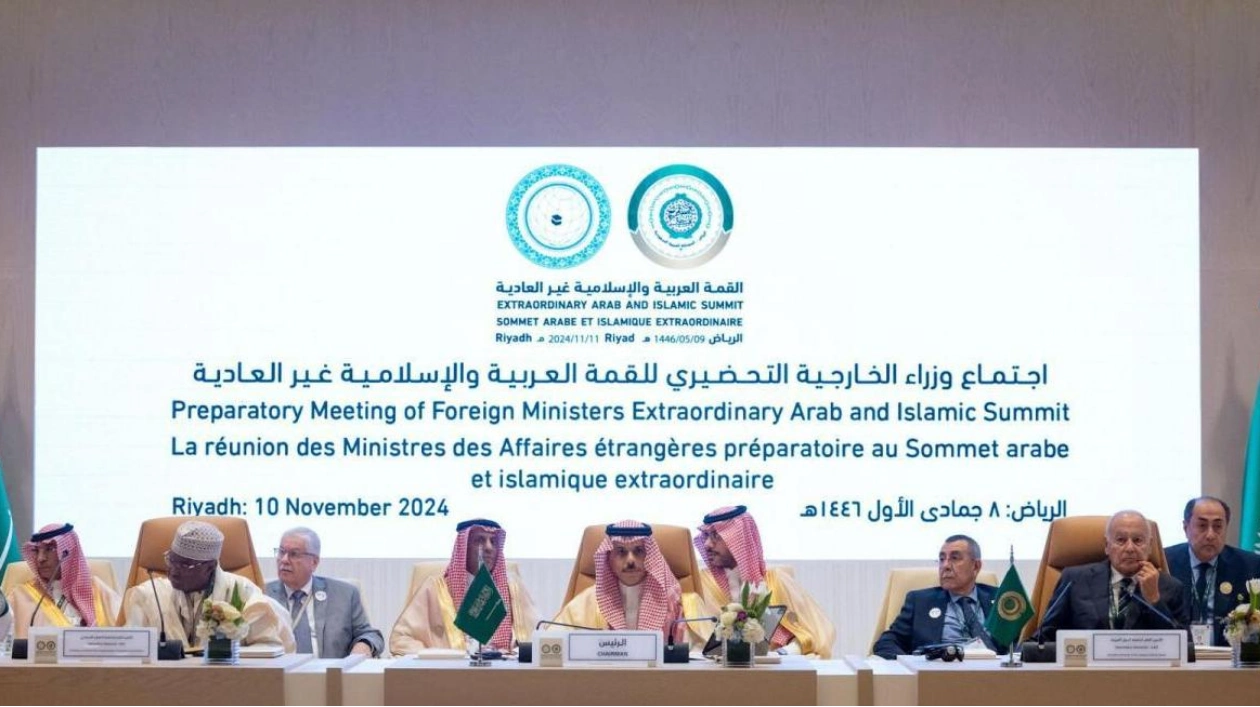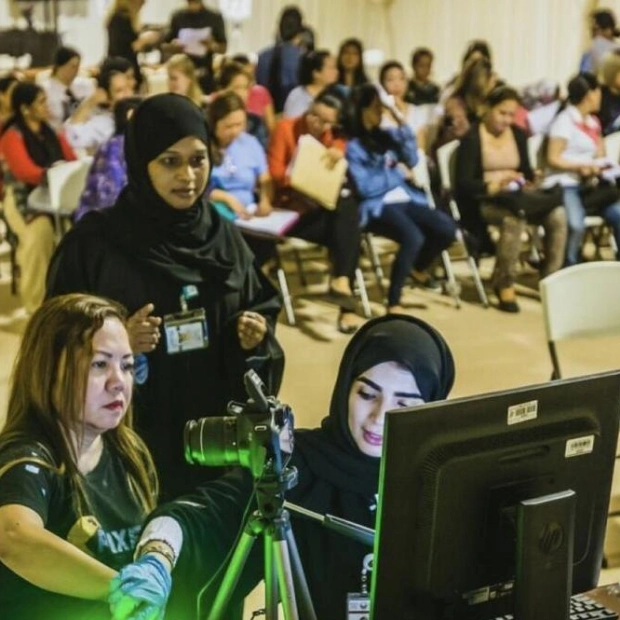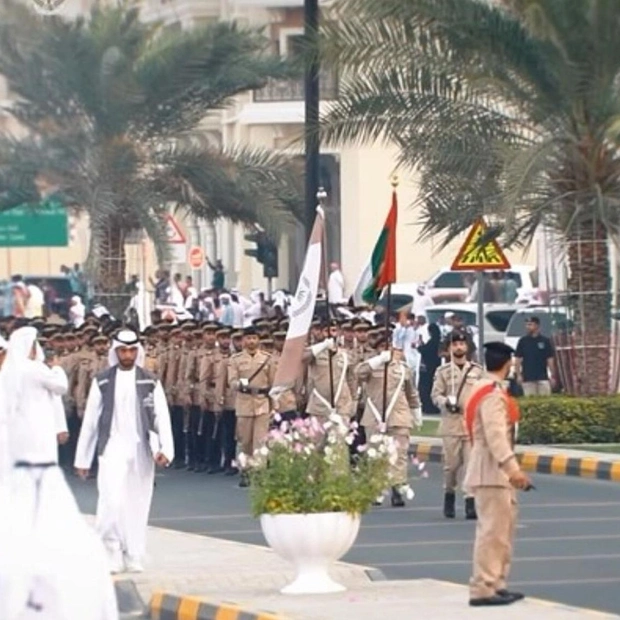Saudi Foreign Minister Prince Faisal bin Farhan Al Saud presided over the preparatory Ministerial Meeting for the Arab-Islamic extraordinary summit in Riyadh on November 10, 2024, as reported by Reuters.
Arab and Muslim leaders have started arriving in Saudi Arabia for a summit set to take place on Monday, which will concentrate on Israel's conflicts in Gaza and Lebanon, according to Saudi state media. The Saudi foreign ministry revealed the summit in late October, during the inaugural meeting of an 'international alliance' advocating for a two-state solution to the Israeli-Palestinian dispute. Participants will 'examine the ongoing Israeli aggression on the Palestinian territories and the Lebanese Republic, and the current regional developments,' the official Saudi Press Agency stated on Sunday.
This summit follows a similar gathering in Riyadh a year ago, involving the Cairo-based Arab League and the Jeddah-based Organisation of Islamic Cooperation (OIC), where leaders denounced Israeli forces' actions in Gaza as 'barbaric'. Saudi state-affiliated Al-Ekhbariya news channel aired footage on Sunday showing Nigerian President Bola Tinubu and Lebanese Prime Minister Najib Mikati arriving in Riyadh. Pakistani Prime Minister Shehbaz Sharif was also expected to attend, according to the Pakistani foreign ministry, who stated that he planned to call for 'an immediate end to the genocide in Gaza' and the 'immediate cessation of the ongoing Israeli adventurism in the region'.
In a phone call with Saudi Crown Prince Mohammed bin Salman, Iran's President Masoud Pezeshkian stated he would not participate in the meeting due to pressing 'executive matters', as per a government statement. Pezeshkian noted that Iran's First Vice President Mohammad Reza Aref will attend instead, expressing confidence that the meeting 'will yield effective and tangible results in ending the crimes of the Zionist regime and the war and bloodshed in Gaza and Lebanon'.
The 57-member OIC and 22-member Arab League encompass countries that recognize Israel and those that firmly oppose its regional integration. Last year's summit in Riyadh saw differing opinions on measures such as cutting economic and diplomatic ties with Israel and disrupting its oil supplies. The conflict in Gaza began with Hamas's unprecedented assault on southern Israel on October 7 last year, resulting in 1,206 deaths, mostly civilians, according to an AFP tally of Israeli official figures. Israel's retaliatory campaign has claimed more than 43,600 lives in Gaza, the majority of whom were civilians, according to data from the Hamas-run territory's health ministry, which the United Nations deems reliable. Lebanon-based Hezbollah, similarly backed by Iran, commenced firing on Israel following the October 7 attack. The regular cross-border exchanges intensified in late September when Israel escalated its air strikes before deploying ground troops into southern Lebanon against Hezbollah.
Source link: https://www.khaleejtimes.com






